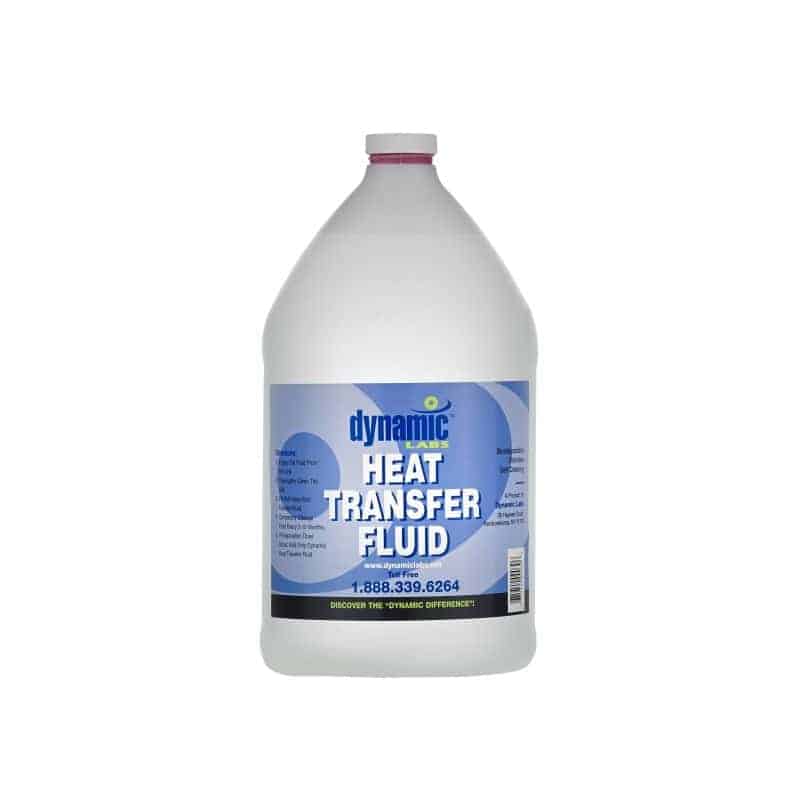How Warmth Transfer Liquid Adds To Sustainable and Economical Workflow
In the modern industrial landscape, the duty of heat transfer liquids (HTFs) in promoting lasting and cost-effective operations can not be overemphasized. These fluids are pivotal in maximizing thermal monitoring systems, therefore significantly boosting energy effectiveness and reducing operational prices. heat transfer fluid. The ecological advantages of sophisticated HTFs, with their high thermal security and low toxicity, are indisputable.
Recognizing Warmth Transfer Fluids
In the realm of thermal administration, warm transfer liquids (HTFs) serve as important agents for transferring thermal power from one area to an additional. These fluids play a critical role in various commercial applications, consisting of chemical handling, power generation, and HVAC systems. HTFs are especially crafted to run within a large array of temperatures, efficiently promoting the transfer of heat while maintaining a stable thermal profile. Their capacity to function under extreme conditions-- whether high temperature levels or cryogenic degrees-- makes them important in settings demanding accurate thermal control.
The composition of warmth transfer liquids can differ substantially, including alternatives such as mineral oils, synthetic oils, glycols, and molten salts. Each kind uses unique advantages, such as improved thermal security, low thickness, and high boiling points, which are picked based on details operational needs. In addition, the option of HTF impacts not just the effectiveness of warm transfer but likewise the durability and safety of the system in which it is used.
As industries continue to introduce, the growth of advanced HTFs, characterized by their improved thermal conductivity and minimized ecological influence, is vital for fulfilling the demands of modern-day thermal monitoring difficulties.

Enhancing Energy Performance

Improving power effectiveness has become a vital worry across numerous industries, motivating a better evaluation of warmth transfer fluids' role in enhancing thermal management systems. These fluids are essential to keeping the desired temperature in procedures, therefore reducing power waste and boosting total system performance. By selecting a proper warm transfer liquid, sectors can substantially boost their energy performance, resulting in decreased energy usage.

Advanced formulas of heat transfer liquids have actually been established to endure extreme temperature levels while keeping security and effectiveness. Improving energy efficiency through optimal heat transfer liquid choice is not only a technical necessity but also an environmental crucial.
Minimizing Operational Prices
Operational expenses are a substantial factor to consider for industries looking for to maintain competitive benefit, and the selection of warmth transfer liquid plays an important function in expense administration. Choosing an ideal warmth transfer liquid can bring about substantial cost savings by improving system effectiveness and lowering power consumption. High-performance fluids lessen thermal degradation, which in turn decreases the frequency of liquid replacement and downtime linked with upkeep, therefore lowering functional expenditures.
In addition, warm transfer fluids with premium thermal security and deterioration resistance expand the life expectancy of devices. This lowers the need for regular fixings and substitutes, which can be pricey his comment is here and turbulent to operations. By purchasing top notch liquids, markets can attain lasting decreases in upkeep costs and improve the dependability of their systems.
Additionally, progressed warm transfer liquids often display lower thickness at running temperature levels, which boosts pump performance and minimizes energy usage in liquid circulation. This optimization of power intake straight translates into lowered operational costs. Additionally, lots of contemporary warmth transfer liquids are crafted to operate effectively over a large temperature variety, reducing the need for several liquid kinds, thereby simplifying inventory demands and lowering connected prices. These variables collectively add to even more sustainable and economical operations.
Ecological Influence Decrease
The press towards minimizing ecological effect has actually gained energy in industries leveraging warm transfer liquids. Heat transfer fluids (HTFs) play an important role in this transition, providing chances to improve power performance and minimize exhausts - heat transfer fluid.
In addition, making use of advanced heat transfer liquids adds to better system effectiveness, minimizing the overall energy usage. This decrease not just results in see cost financial savings however additionally reduces co2 exhausts, assisting in the fight versus climate adjustment. Fluids that are biodegradable and recyclable better enhance sustainability initiatives, as they decrease waste and advertise round economic climate techniques.
Furthermore, including HTFs right into closed-loop systems prevents fluid loss and contamination of the surrounding setting. This method makes certain that fluids are recycled, decreasing the need for new resources and limiting waste generation. By welcoming these eco aware methods, sectors can considerably reduce their environmental effect while maintaining high functional efficiency, lining up with global sustainability goals and governing needs.
Selecting the Right HTF
Selecting the proper heat transfer fluid (HTF) is a vital action in advancing ecological sustainability within industrial processes. The selection of HTF directly influences system performance, power intake, and environmental impact. An ideal HTF ought to have a high thermal ability, low thickness, and high thermal conductivity to ensure effective warmth transfer. Additionally, its stability over a wide temperature range is essential to avoid degradation, which can result in increased exhausts and waste.
This guarantees longevity and lowers maintenance prices. his explanation The fluid needs to be non-toxic and eco-friendly, reducing its eco-friendly footprint and making certain compliance with ecological policies.
Verdict
